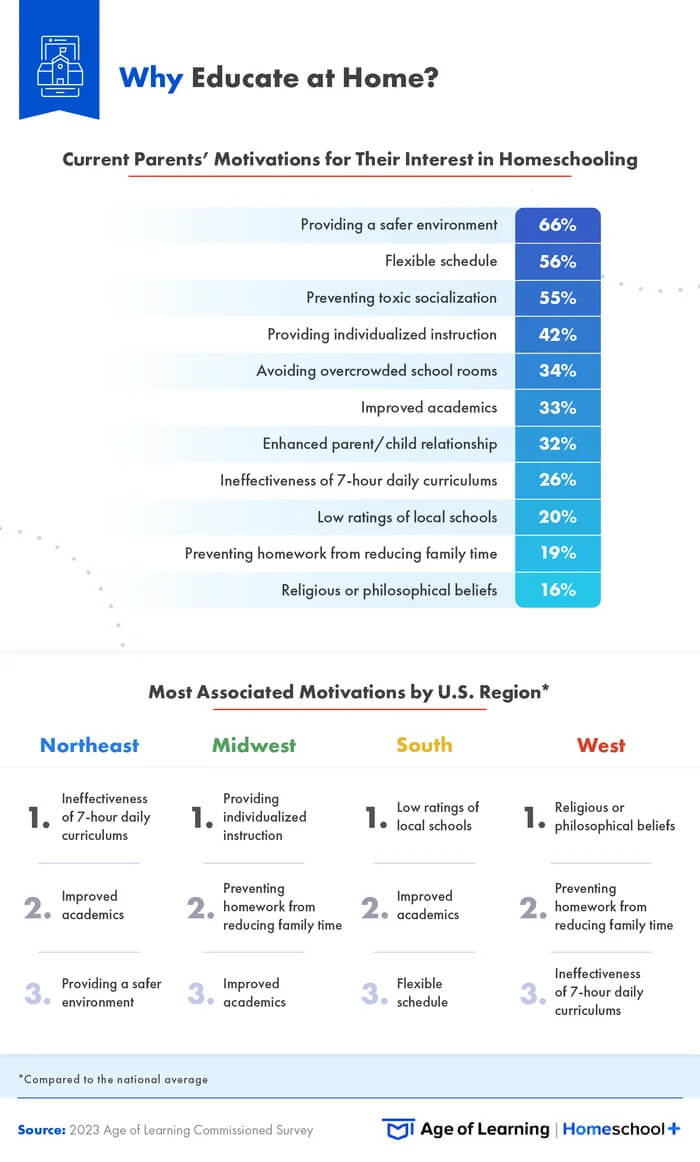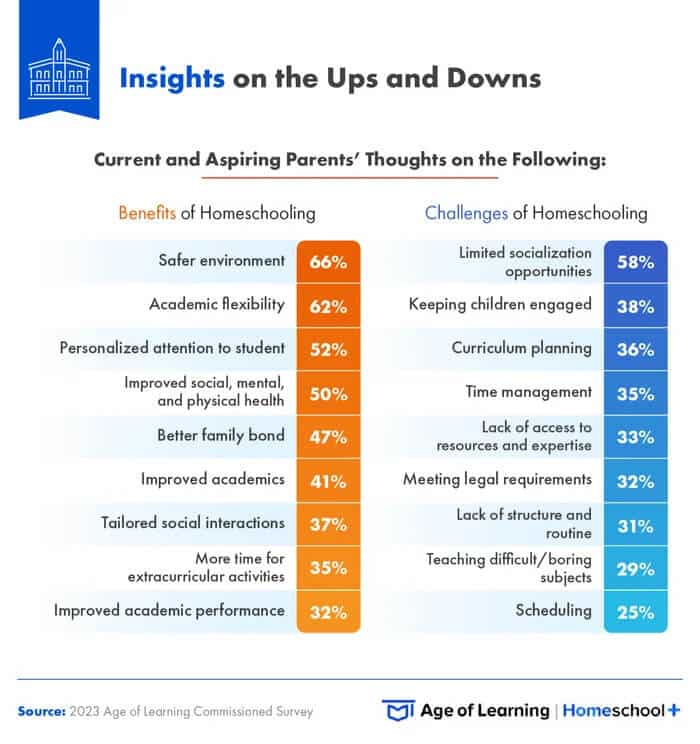Once upon a time, the term “homeschooler” might have evoked images of a traditional family with a strict curriculum, where parents kept their children out of school to avoid “dangerous” topics like evolution or climate change. Although such homeschoolers still exist, the landscape of homeschooling has evolved significantly over the years.
In 1999, about 850,000 students in the U.S. were homeschooled. By the time the COVID-19 pandemic hit, this number had soared to approximately 2.5 million. Over the past year, that figure has surged to 3.62 million. Today, homeschooling includes a diverse range of families with varied motivations, far beyond the old stereotypes.
The newest generation to influence this trend is Gen Z, now aged 12 to 26. With many in their 20s contemplating family life, they are showing a notable interest in homeschooling. According to a study by Age of Learning, which analyzed Google search trends and surveyed over a thousand parents and prospective parents, Gen Z is significantly more inclined toward homeschooling compared to previous generations.

Remarkably, nearly half of Gen Z members are considering homeschooling their own children, representing a 74% increase over older generations. This heightened interest may partly be due to their current life stage, but it also reflects broader attitudes toward education. A significant 59% of aspiring parents prefer homeschooling over traditional public or private schools.
So, what drives this shift? The internet’s vast educational resources make homeschooling more feasible than ever. Yet, the primary motivations for homeschooling revolve around safety and flexibility. Current parents cited “providing a safer environment” as their top reason (66%), followed by “flexible schedule” (56%), “preventing toxic socialization” (55%), and “individualized instruction” (42%). Gen Z parents share similar concerns, with 68% prioritizing safety, possibly influenced by the active shooter drills of their own school years.

Interestingly, motivations tied to religious beliefs, which historically played a significant role in homeschooling, are now less common, cited by only 16% of respondents. Regional differences in homeschooling motivations reveal that the West leads in citing “religious or philosophical beliefs,” while the South focuses on “low ratings of local schools,” the Northeast criticizes the “ineffectiveness of lengthy curriculums,” and the Midwest values “individualized instruction.”
Despite concerns about homeschooling’s downsides, such as “limited socialization opportunities,” many parents find the benefits outweigh these challenges. Notably, Gen Z shows a preference for more government involvement in homeschooling compared to previous generations. They are more likely to support state testing for homeschooled students (77%) and believe in mandated subjects (91%).

Currently, homeschooling regulations vary widely by state. For example, New Jersey has minimal requirements, while Pennsylvania has extensive regulations, including oversight by certified teachers and student testing.
As both a former public school teacher and a homeschooling parent, I’ve seen firsthand the benefits of educational freedom. It will be intriguing to see if Gen Z’s inclination toward government regulations changes as they navigate the realities of homeschooling their own children
One thing is clear: homeschooling is on the rise and shows no signs of slowing. If Gen Z maintains their current enthusiasm, we could see a significant increase in homeschooling numbers in the coming decades.

